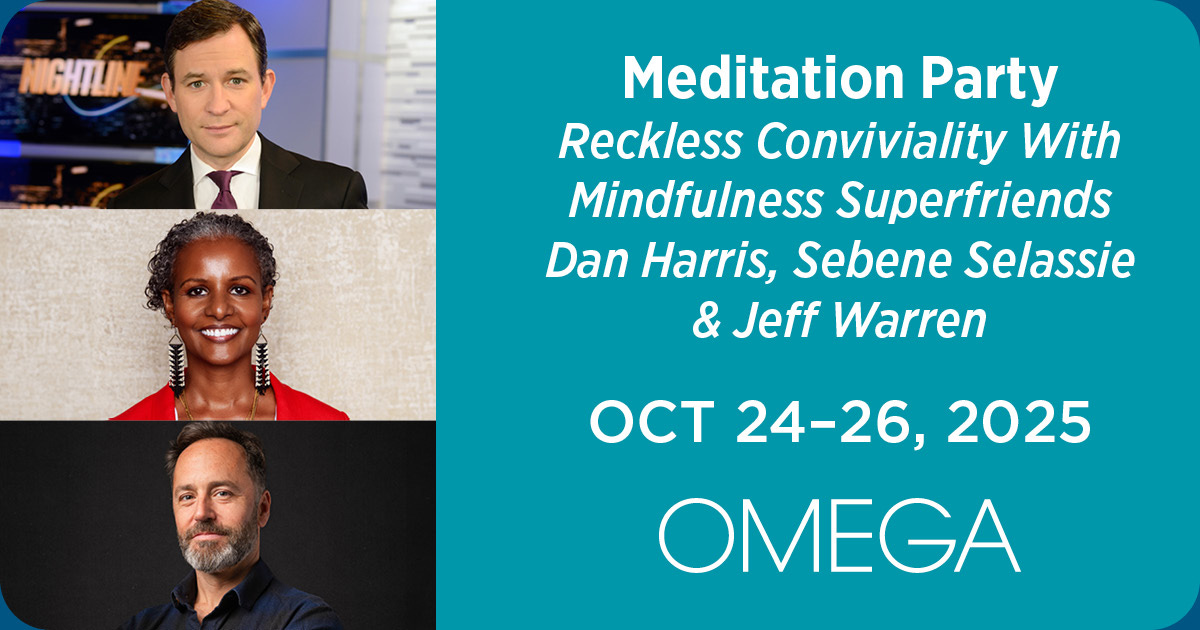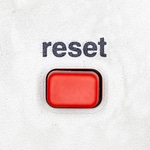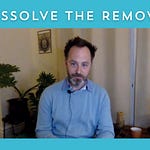When I first started going on meditation retreats over two decades ago, they were a revelation. After the usual adjustment period, my system would settle, my insights would increase, and some hard-to-describe spiritual longing would be temporarily sated. It felt like love – like being saved. I became an enthusiastic proponent of long retreats, and bored my family and friends with poetic descriptions of the beautiful ordinariness of rocks and trees and parking lots.
There were plenty of challenges – restlessness, sloth, doubt, feverish sexual fantasies, and eye-rolling impatience with other humans (especially my teachers). These are like meditation’s greatest hits, known in Buddhism as the Five Hindrances. They’re both hard to deal with and par for the course; normalizing and working with them is a big part of what a meditation coach does.
I began to do more hard-driving vipassana retreats, with a focus on developing forensic clarity and “deconstructing” the elements of my conscious experience. Instead of getting more settled, by around day three I’d usually just get more crazy. I’d alternate between hypomanic excitement, and dysphoric states of rage and shame. At night, instead of sleeping, I’d fill up journal after journal with furious commentary in tiny handwriting. Between meditations, I’d run laps around the Carmelite retreat building, a crusader galloping for the holy land. I would also – regularly – get into such seething emotional pain that I’d be doubled up in my monkish cell, weeping and gnashing my teeth as I revisited past insults from childhood.
My teacher’s advice was to “recycle the reaction.” Now, “recycle the reaction” is a brilliant phrase by a brilliant teacher. It’s his take on a classic piece of meditative guidance, which teaches us to notice whatever’s happening with mindfulness and equanimity. Get curious about the reaction, in the same way you’d get curious about your home base – or anything else. That way your meditation practice gets both more inclusive and more powerful. You’ve taken what was a challenging reaction and “recycled” it into meditative purification. At least, that’s the theory.
In practice, it was the wrong advice — for me. Really it was the wrong method of meditation - again, for me. Intense deconstructive mindfulness just wasn’t a good fit for a highly-sensitive bipolar ADHD wingnut with a history of trauma, brain injury, and way too many psychedelics. What I needed during my freak-outs was to have someone tell me to stop meditating, for god’s sake, and get some help. Eventually, I figured that out for myself.
It’s hard to summarize what exactly helped, because it was a long process that I lived through in the usual complicated and contradictory human way. But gradually I shifted my meditation focus to be more about self-compassion and stability and surrender. This led to retreats with fewer spiritual highs, but a lot more grounded sanity. I also got clearer about how to access the benefits of seated meditation in other practices, from movement to creative work to ceremony. And, importantly, I began to work with trauma therapists. I even trained in Somatic Experiencing, and learned everything I could about how to approach teaching and practice in a more trauma-informed way.
This Substack and my basic schtick as an instructor is the fruit of that learning. I’m still learning, and I’m far from alone. Because of the work of people like Peter Levine, Judith Herman, David Treleaven, Willoughby Britton and many others, these days most credible meditation teachers have adapted their guidance with these insights in mind.
Tasha Schumann and I get into some of this in our latest episode of The Mind Bod Adventure Pod, in a conversation with the ground-breaking psychologist Stephen Porges, inventor of polyvagal theory, and one of the world’s experts on how trauma impacts the human nervous system. Stephen points out that the immobility and vulnerability of the meditation posture is tailor-made to make many people with trauma feel unsafe. So can focusing on the body, or having all your shit come up with no buffer and no distraction. It can lead to flashbacks and panic attacks and all kinds of downstream problems, as I learned first-hand.
In the audio above, I guide Stephen and his co-author Karen Onderko through a trauma-informed meditation. Will my guidance satisfy their trauma-informed critiques? You’ll have to let me know how I did. The meditation is for anyone with or without a trauma history, and begins at 3:40 if you want to skip the set-up. You can listen to our full conversation here.
How have you managed your trauma when it comes to meditation? What’s worked, what hasn’t, and what are you still learning? Please let me know in the comments.
Happy to be figuring out this whole human thing with you.
Love,
Jeff
A couple quick notes—
The next Do Nothing Project happens tonight – Sunday, August 31 – at 8pm EDT, on Youtube. Link here. Soon it will move to Substack Live, so be ready for that!
New to Home Base? We have over 50 guided meditations in our library. Check out the most popular ones here.
Meditation Party – New York
October 24-26, 2025
Omega Institute, Rhinebeck, NY
Join us for a three-day, do-nothing party with meditation pals Sebene Selassie, Dan Harris, Jeff, and special musical guest Ofosu Jones-Quartey. We’ll do lots of meditating, but this is definitely not a silent retreat. We’ll also be connecting with each other, moving our bodies, (maybe napping), and discovering the power of applying our practice to everything in life.


















